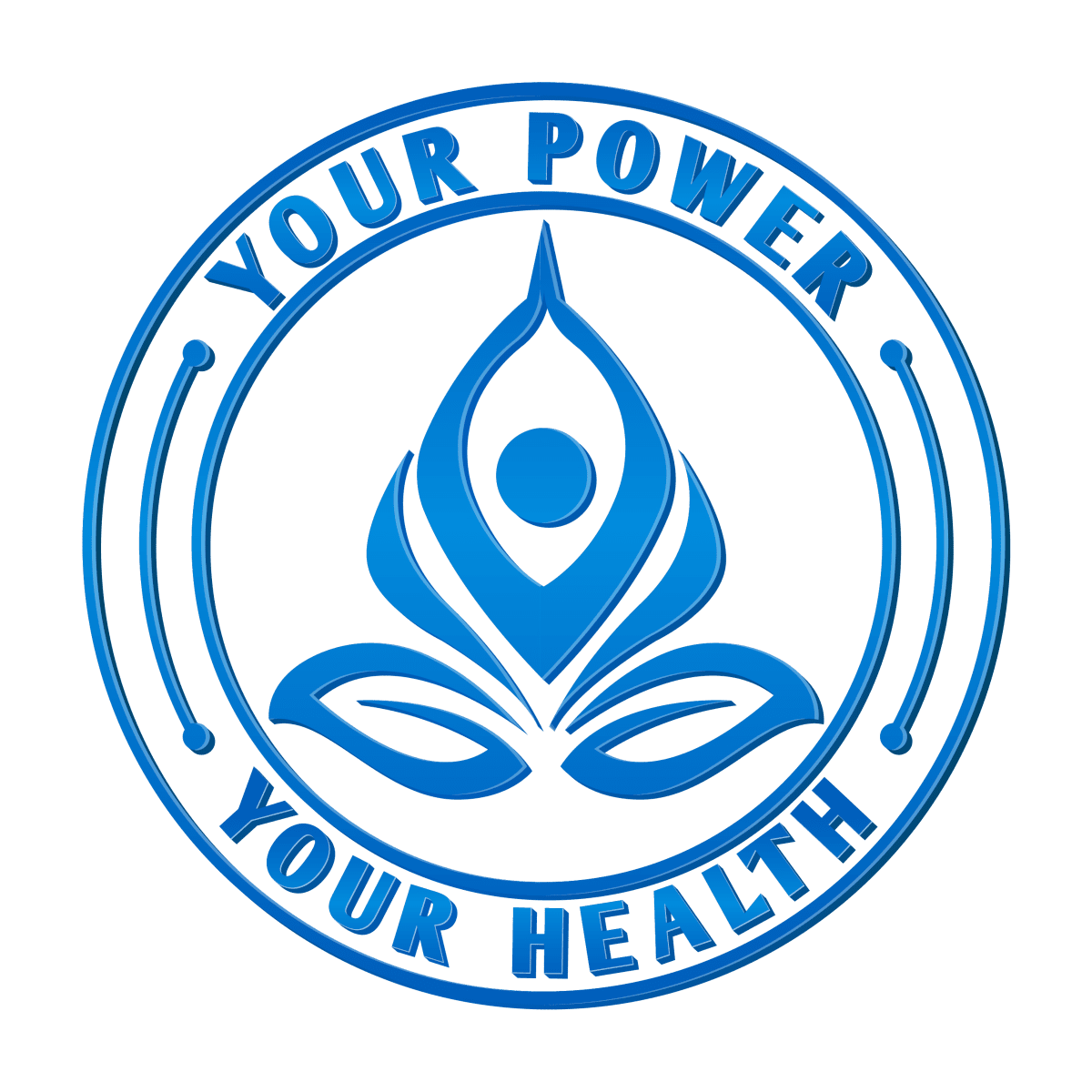Did you know the leading cause of death in the United States is what we eat? According to this article however, most doctors don’t feel like they have the knowledge needed to properly guide their patients in good nutrition. In fact, in this article, it was revealed that most cardiologists receive little or no education in nutrition in medical school. In light of the fact that obesity, type II diabetes, heart disease and many types of cancer are all closely linked to poor diet and lifestyle, and these diseases are leading causes of death and are on the rise, this is a sad commentary on our healthcare system.
Unfortunately, what we have is a sick care, not a healthcare, system, that is focused on treating symptoms rather than preventing disease, so the effects on our health of food and diet are largely ignored. There is no requirement for doctors to be educated in nutrition, the medical boards don’t include any questions on the subject and less than 1% of the time spent in medical school is focused on nutrition and its effect on health.
What is needed is a national standard for nutritional education that should be required for all medical students to learn. As they learn about conditions that are effected by diet and nutrition, they can be taught the dietary advice to give to their patients to manage the conditions. There is enough strain on medical students without adding extra classes for them to take. If the nutrition aspect was added as part of the curriculum along with teaching about the condition, the treatment plan can include dietary changes that support improvement of outcomes and possibly be less dependent on chemical intervention in the form of pharmaceuticals.
It would also be helpful to teach doctors how to manage their own nutritional needs. Evidence shows that doctors who maintain a healthy lifestyle of their own are more likely to advise their patients to make healthy changes.
More information is available here and here on the topic. The bottom line is, patients and doctors will both enjoy more favorable outcomes if doctors are provided adequate nutrition education. This way, doctors will recognize the need for nutritional counseling and send the patient to a nutritionist or be able to provide such counsel as part of the treatment plan. This relatively simple solution is likely to go a long way to improving our broken so-called healthcare system.
Are you dreading the holidays, knowing that you won’t be able to wear the same clothes on New
Years that you wore at the beginning of the feeding frenzy we call the holiday season? Are you worried that you might undo all the good you have done recently for your health? Do you think you might go off the rails with your food choices? Do the holidays get really stressful and cause you to make food choices that may not be very healthy?
If any of the above scares you, I can help you get through the next two months with my Healthy Holidays program. And you won’t even have to leave the comfort of your home.
I am offering SPECIAL PRICING until THURSDAY 11/7 for anyone who signs up by then. The regular price of this program is $297 but until 11/7, the price is only $247…that’s a $50 savings!
If you would like to have a free consultation about the Healthy Holidays program, click here to schedule a no strings attached call.






